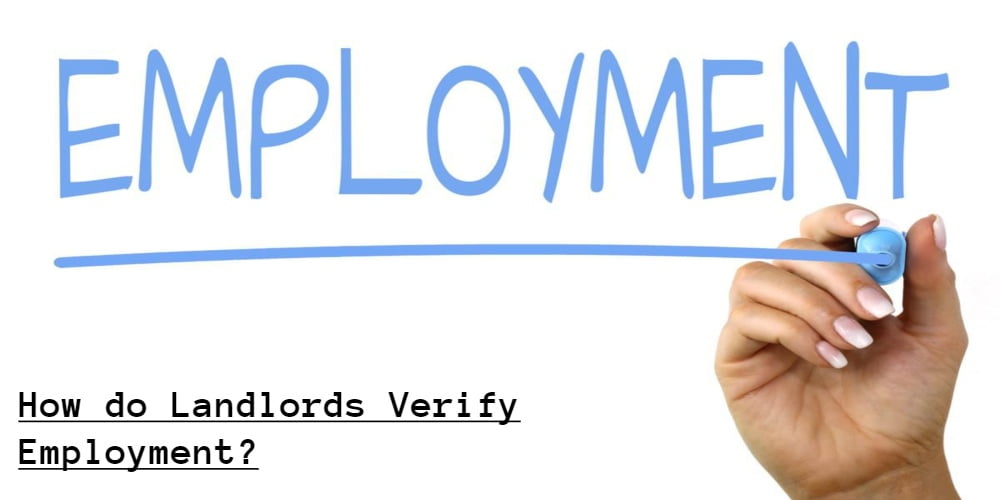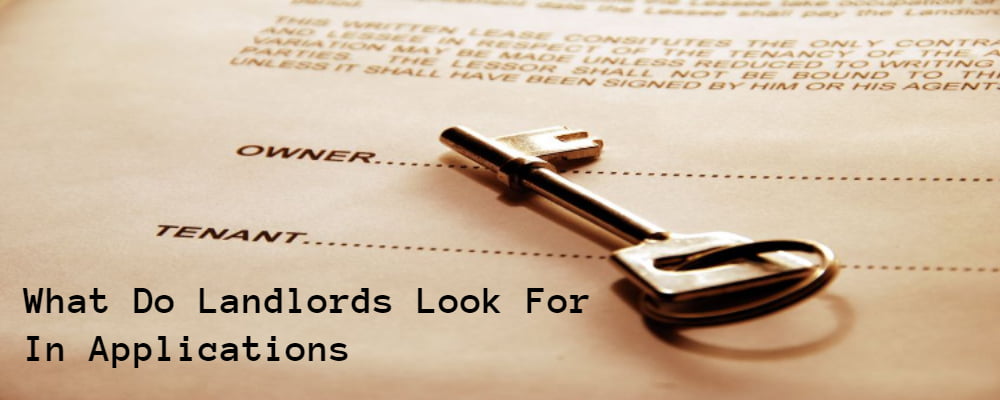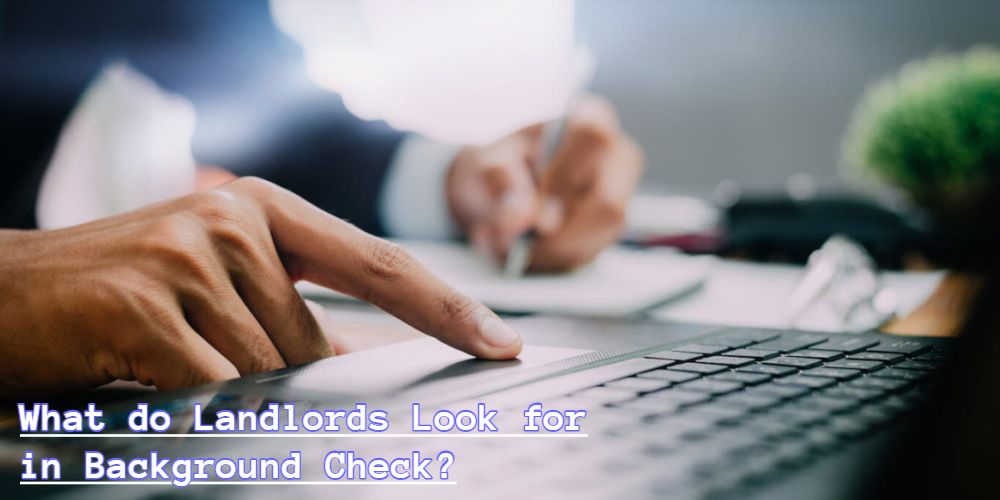Last Updated on September 29, 2021 by Kelvin Nielsen
Having tenants who can meet their rental obligations can mean a lot to any landlord’s bottom line.
However, as any landlord will tell you, dealing with renter payment problems is almost inevitable. If it’s not a defaulted rent payment, it is a delayed one or partial payment. And this can derail your landlord financially, especially if they’re depending on the rent to meet other obligations such as mortgage payments.
To avoid such stressors, most landlords will subject each prospective tenant to a vigorous tenant screening process. The goal here is to make sure that they are renting to a tenant of high caliber. That is, a tenant who will pay rent on time, and care for their rented unit, among other things.
One aspect of tenant screening involves verifying a prospective tenant’s employment status. And this is exactly what this article is all about. So, how do landlords verify employment? Here’s everything you need to know in this regard!
How Can Landlords Tell a Tenant Can Afford to Rent a Unit?
A landlord can tell whether or not you can afford the rent by using the 3:1 income to rent ratio principle. Going by this industry standard, your annual gross income should be at least triple the amount of rent. If, for instance, the rent amounts to $1,800 per month, your monthly pay should at least be $5400.
However, rental markets are created differently. While the 3:1 rule may work in many cases, in some cities, tenants might have to spend more than two-thirds of their income on rent. A good example of this is New York city whereby tenants can expect to spend 30% of their monthly income on rent.
Once landlords have settled on an ideal income to rent ratio, they will move on to verify your sources of income.
How Do Landlords Verify Income for Employed Applicants?
Verifying a prospective tenant’s income is quite easy. All a landlord needs to do is ask for the following documents.
- Your pay stubs. Among many other things, your pay stub shows your net pay, taxes, and other deductions. A potential landlord may ask for three of your most recent pay-dated stubs to get an idea of just how much income you make a month.
- The W2 tax form. The W2 will show your income for the past tax year, any taxes withheld from your paycheck, and many other things that may interest your landlord.
- Your employer’s contact info. In case you don’t have any documents to show, the landlord can call your employer to verify your employment status and pay.
How Do Landlords Verify Income for Self-Employed Applicants?
Self-employed rental prospects pose a bigger challenge. Landlords are not spoilt for choices here, but they might get a good picture of what you earn by checking your bank statement.
If you fall under this category, you might have to hand in 3-month pay dated bank statements. Landlords will be interested in several things here, including your monthly income, account balance, financial responsibility, and a lot more.
Obviously, your bank statement has a lot of your personal information which you might want to keep private. If so, you can black out the information and only leave what the landlord needs to see. Most landlords won’t have a problem with that.
How Do Landlords Verify Income for Unemployed Rental Applicants?
If you are unemployed or retired, landlords will also want to make sure you can pay rent. They can ask for several things to verify your income:
- Social security statement. In case you are retired or disabled, landlords can use the social security statement to see how much you receive from the government. Social security is a stable income that some government employees get when they retire or in case they get disabled.
- Annuity statement. After retirement, annuity statements often replace paychecks. Potential landlords can use these to determine the amount of regular income you receive from the annuity.
- IRA/401(k) pension distribution statements. For the retired, landlords can request IRAs and/or 401(k) to verify regular income.
- Bank statement. Bank statements are also an effective way to verify income for unemployed people.
- Unemployment statement. This can be useful in the case of potential tenants getting unemployment benefits from the government.
What Strategies Can Landlords Use to Reduce Renter Payment Problems?
On top of verifying sources of income, landlords can use extra measures to ensure they get rental payments on time. These include:
- Enforcing a late fee. Landlords are permitted to charge a penalty to tenants who pay rent late. This can be as much as 5% of the rental amount and is basically enforced after three to five days of missing a rental payment. Also, the late fee can increase with each day the payment is late. However, the laws and regulations regarding how landlords handle late payments differ from state to state.
- Requesting a larger security deposit. Asking for a bigger deposit gives prospective landlords assurance that they will be well compensated should there be damages or income losses. Besides the regular security deposits, they might also ask you for nonrefundable deposits to further cushion themselves against potential liabilities. This is, however, not without constraints. Each state has laws concerning rental deposits and the circumstances that can prompt extra deposits.
- Asking for cosigners. If you’re unemployed or have no rental history, the landlord can request a cosigner. The cosigner will agree to cover your financial rental obligations should you be unable to. To ensure they are financially capable, the landlord may also have them screened thoroughly.
- Using an online payment method. Some tenants make late payments simply because they are too lazy to hand in the banker’s cheque. By enforcing online methods, landlords may make it easier for tenants to make their rent payments. In addition, many online services can be configured to be automatic. And this will ensure that a tenant doesn’t miss a rent payment.
Landlords can use several methods to verify a prospective tenant’s sources of income. The goal here is to make sure you are able to meet your rent obligations. Tenants who pay rent on time, every time are every landlord’s dream!

Hi, I’m Kelvin Nielsen, an experienced landlord and accomplished real estate lawyer. My focus is on answering your questions about renting in the hopes of making your life as a renter or a landlord a bit easier.







